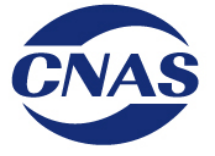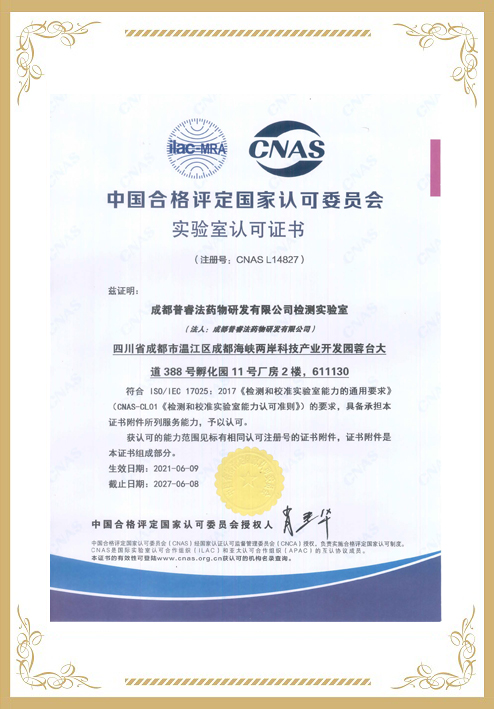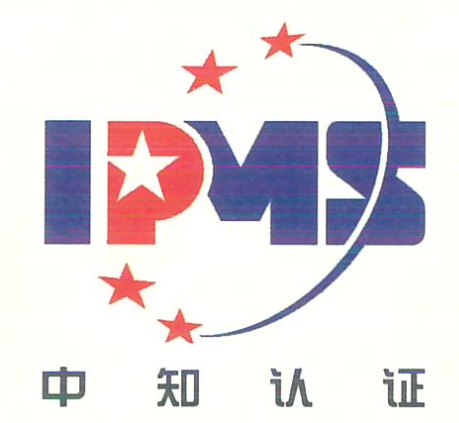Ethnopharmacological relevanceAstragalus injection, a solution derived from Astragalus mongholicus Bunge, has been used in cancer patients for its immune-boosting properties. The effects of Astragalus injection combined with immune checkpoint inhibitors (ICIs) in cancer remain unsuspected.Aim of the studyThis study aims to investigate the efficacy of combining Astragalus injection with anti-PD-1 and to elucidate the potential mechanisms.Materials and methodsA melanoma-bearing mouse model was established to observe the effects of Astragalus injection combined with anti-PD-1 treatment. The immune cell infiltration in tumor tissues was evaluated by flow cytometry. Subsequently, network pharmacology and RNA sequencing were conducted to anticipate latent mechanisms of Astragalus in melanoma. Finally, these predictions were validated by flow cytometry, qPCR, Western blotting, and ELISA.ResultsAstragalus injection significantly antagonized the efficacy of anti-PD-1 in melanoma, resulting in a notable reduction of immune cell infiltration. The network pharmacology and RNA sequencing analysis revealed critical signaling routes, encompassing T-cell receptor activation, immune antigen presentation, and the JAK/STAT pathway. Subsequent data suggested that Astragalus injection could down-regulate the expressions of MHC-II in dendritic cells and B16-OVA cells and restrict the activation of dendritic cells. Moreover, the expressions of CIITA and phosphorylated STAT1 were prominently inhibited by Astragalus injection, whereas the overexpression of STAT1 partially reversed the Astragalus injection-induced decrease of MHC-II.ConclusionsAstragalus antagonized the therapeutic effect of anti-PD-1 in melanoma. These effects were partially through inhibiting JAK/STAT signaling and down-regulating MHC-II expression.























